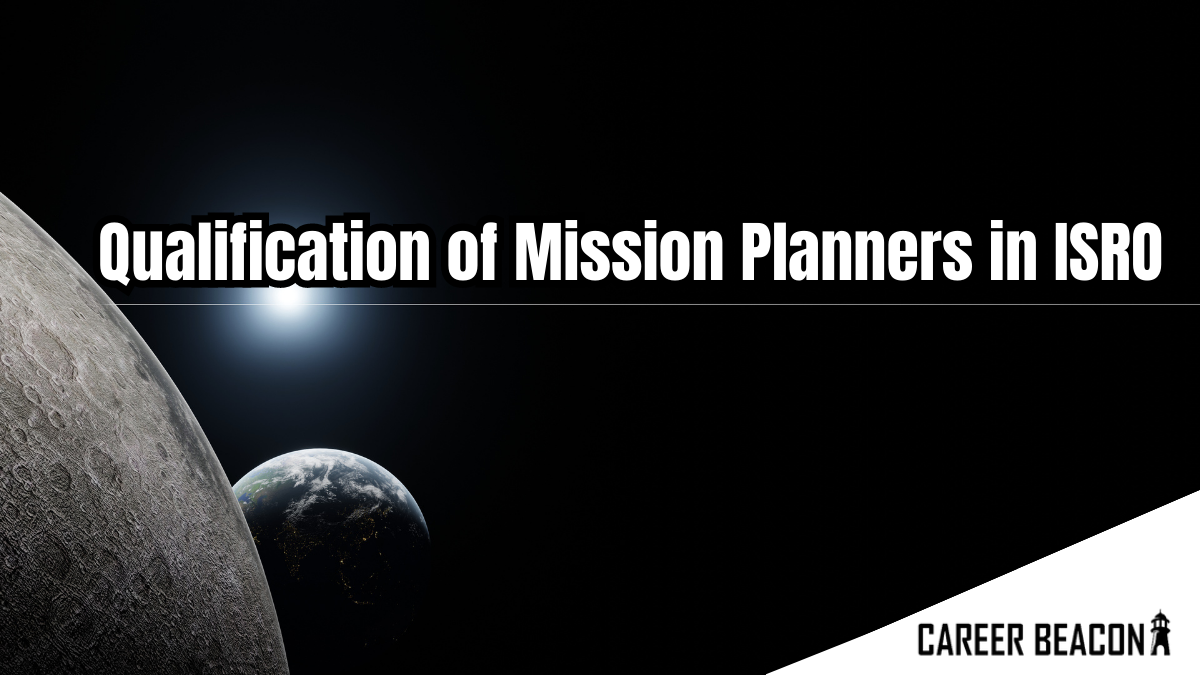
Qualification of Mission Planners in ISRO
Mission planners in ISRO typically possess a strong educational background in space science and engineering as well as specialized knowledge of the field. Qualifications for the role may vary. However, some common requirements include:
Educational Background
A bachelor’s or master’s degree in aerospace engineering, astrodynamics, space science, or a related discipline is essential for pursuing a career in this field. Such a degree gives applicants a strong background in technical aspects of space missions, ranging from orbital mechanics to mission planning and spacecraft systems.
Mission planners require comprehensive knowledge of astrodynamics and orbital mechanics to be able to craft precise mission paths and optimize mission efficiency. This includes the ability to calculate and adjust spacecraft trajectories, analyze launch windows, as well as initiate orbital transfers.
Having a strong background in mission design and analysis is highly valued. This can be acquired through internships, research projects, or active participation in the preparation and implementation of space missions. In addition, experience in assessing mission requirements, constructing mission designs, and performing evaluation analyses is vital for planners.
Mission planners should be well-versed in the various aspects of spacecraft systems, such as propulsion, communication, navigation and payload integration. Additionally, expertise in spacecraft operations and ground segment coordination is a crucial factor for successful mission planning and operations.
Mission planners should have robust problem-solving and analytical capabilities in order to evaluate intricate mission issues, recognize any risks that might arise, and prepare for contingencies. They must be able to assess their situation objectively, determine the best course of action, and adjust accordingly when conditions fluctuate during the mission.
Mission planners must possess strong collaborative and communication skills, especially when working in multidisciplinary teams of scientists, engineers, and operational personnel. They must be able to effectively convey information, coordinate efforts, and demonstrate excellent interpersonal skills for the successful execution of planning.
It’s important to highlight that qualifications and requirements for mission planners at ISRO may differ depending on the mission and their assigned level of responsibility. ISRO generally seeks out professionals amalgamating educational credentials, practical experience, technical aptitude, and a collaborative working style.


